There was a lot of news this week.
Elon Musk continued to Do Things at Twitter.
America had midterm elections. The polls were roughly accurate, with ‘candidate quality’ mattering more than expected especially on the Republican side.
FTX imploded. For now I am letting Matt Levine handle coverage of what happened.
None of it had anything directly to do with Covid. So this will be short.
Executive Summary
I hear there were midterms.
And that FTX imploded.
Covid death number down a lot, presumably not a real effect.
Let's run the numbers.
The Numbers
Predictions
Predictions from Last Week: 255k cases (+7%) and 2,600 deaths (-1%)
Results: 242k cases (+1%) and 1,993 deaths (-24%!).
Predictions for Next Week: 250k cases (+4%) and 2,400 deaths (+20%).
That death number is super weird. At first I thought ‘what, they can count votes or they can count deaths but not both at the same time?’ or ‘election day isn’t actually a holiday is it?’ Then the case number came in flat even in the South, although Alabama didn’t report any cases at all (which wasn’t a big enough effect for me to adjust).
Some of the drop is that last week had a spike of about 250 deaths in North Carolina. Still leaves the majority of the gap unexplained. I don’t know. I don’t see how there could have been a large real drop in deaths, and if it was a reporting issue we would have seen a decline in cases. Also, in the regions where we see a decline in deaths, West and South, we don’t see relatively few cases. So the reporting explanations don’t make that much sense here, and it seems unlikely cases actually rose a lot while being underreported or anything like that.
It does raise uncertainty in deaths a lot for next week, and to some extent also for cases, in the usual ‘was this real or was it both fake and in need of reversal’ dilemma. We shall see.
The good news is that there is not much practical impact on decision making, unless this is all hiding a tidal wave of new infections. That is possible. I would still not expect anything like last year’s wave, and for things not go on too long before stabilizing, but the timing between weather and sub-variants would make some sense.
Deaths
Cases
Booster Boosting and Variants
Nothing.
Physical World Modeling
Babies born during lockdown more often miss developmental milestones (study).
I doubt this leads to that much in the way of permanent impacts. It still seems rather not good, the effect sizes here are quite large.
Study finds that Paxlovid reduces risk of Long Covid. Would be weird if it didn’t.
China
Via MR, Nucleic Acid Testing ‘now accounts for 1.3% of China’s GDP.’ Zero Covid is a rather large drag on China’s economy that will be cumulative over time. From the comments, which also interestingly feature massive negative votes everywhere:
I'm a teacher in China and EVERYONE gets tested at least THREE times per week. It is such a waste of time and money.
Meanwhile full surface paranoia continues. The Zero Covid principle and the constant testing would not be my approach, but I understand. The surfaces obsession is something different. Everyone has to know at this point that it doesn’t do anything.
China reiterates Covid Zero Policy (Bloomberg), calls for more targeted and also ‘more decisive’ measures. No signs they will abandon surface paranoia. This seems like it likely gets worse before it gets better.
And Now An Important Message
An SNL sketch, best of the season by far. If you haven’t yet, watch it.
Long Covid
Article from Yale on chronic disease in general and how Long Covid may help us get a better understanding of what it is and how to deal with it. Does not provide much new. Mostly it is the same old ‘now that we have an Official Recognition for a chronic disease maybe we can actually study one of them and that could help us with the others’ story.
Other Medical and Research News
From MR, more on the study on what happens when the FDA loosens its regulations on medical devices. What happens is that the devices get more innovative, effective and cheaper without being substantially less safe. Paper is more robust and compelling than I was originally giving it credit for, and I am moving up ‘lower thresholds for changing devices from Class III to II to I’ in Balsa’s list of candidate interventions.
Saloni offers a bunch of links and takes, for those interested.
This is common. I have experienced very close versions of this.
From an ethical standpoint, this bill is illegitimate and should not be paid. This case is not even close.
What details would have to change before a $1,466 bill for a 10 second procedure the patient could have done herself (and a generic doctor visit) would carry an ethical obligation to pay? Purely on ethical grounds, I am going to go ahead and say it requires something like ‘you were warned explicitly that this could cost that kind of money and that you might have to pay for it, and you agreed to go ahead anyway.’
From a practical standpoint (not legal advice! not financial advice!) based on experiences I know about, when hospitals bill you like this it is mostly aspirational. They would love it if you paid this absurd bill. They also know it is an absurd bill. They could, in theory, if they wanted to, harass you, send your debt to a collection agency, report you to credit agencies or even sue you and attempt to seize your assets. In practice, that seems highly unlikely. The likely consequence is… nothing.
Another tale of the medical system lying to us.
Hedges are often the most amusing part of such stories. None of this seems reasonable to me, including most of the individual steps. Also, ‘luckily I was able to spend several hours of executive function to fix this’ is not a happy ending. It is a very expensive ending.
Meanwhile, they are taking aggressive steps to ensure that drugs we all know work but who no one can afford to get FDA approval for never end up being taken by humans. It used to be you could get something approved cheaper in dogs or horses or cats, and then humans could get it and de facto make their own decisions. Now they are tightening the rules to prevent this, and there isn’t enough money on in animal medicine to pay for human approval, so the patent expires and the drug is never approved. The obvious stopgap solution to this is to make the first FDA approval of the drug a patent-extending event with respect to the FDA-approved uses it got approved for, for some reasonable period. The logic is the same as with normal patents, someone has to do the work and you need to be sure they are rewarded.
Scott Alexander wonders where the hell Prop 29 (aka The Kidney Thing That Keeps Getting Proposed Every Year) comes from and who is backing it and a comment answers it. Turns out it’s proposed… out of spite? (WSJ / LAT)
Explanation of the Alexander Technique as noticing and pausing when you are about to execute functions within yourself. Made the whole thing make sense to me, although I have no way of knowing if my new understanding is right or not.
In case you missed it, Zeynep’s Law.
I am not entirely here for this. Mostly, though, yes, and I am totally here for the second formulation.




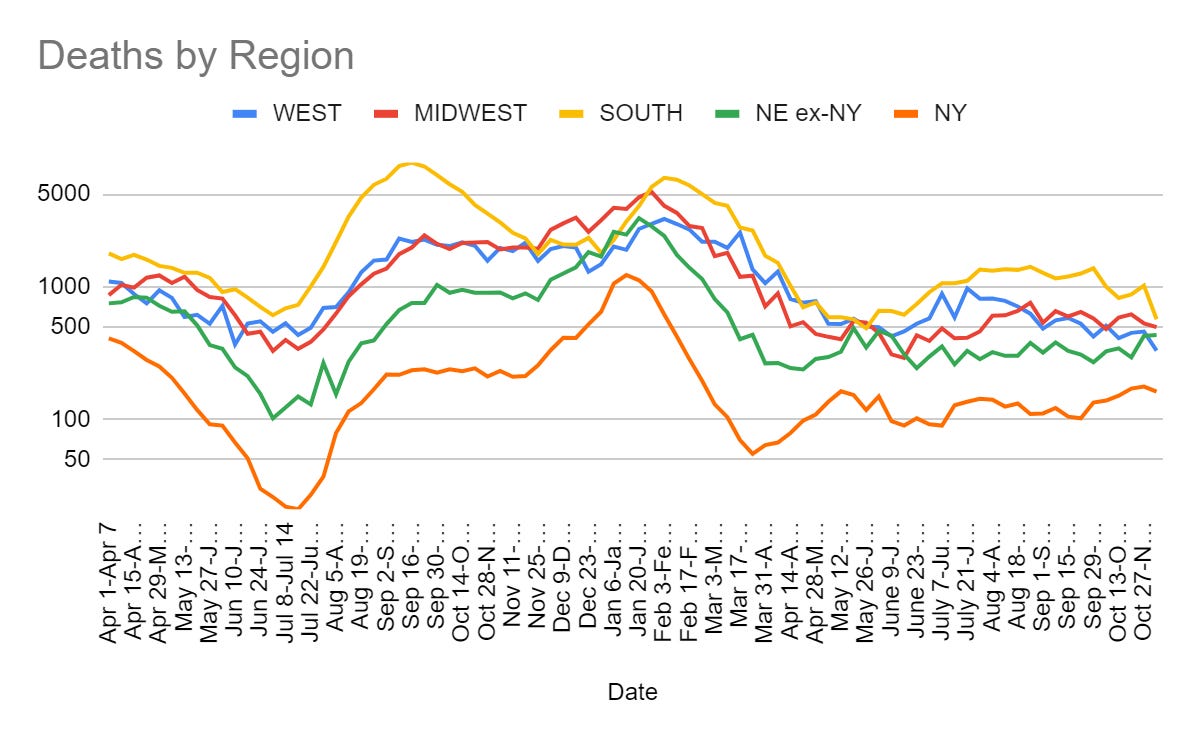

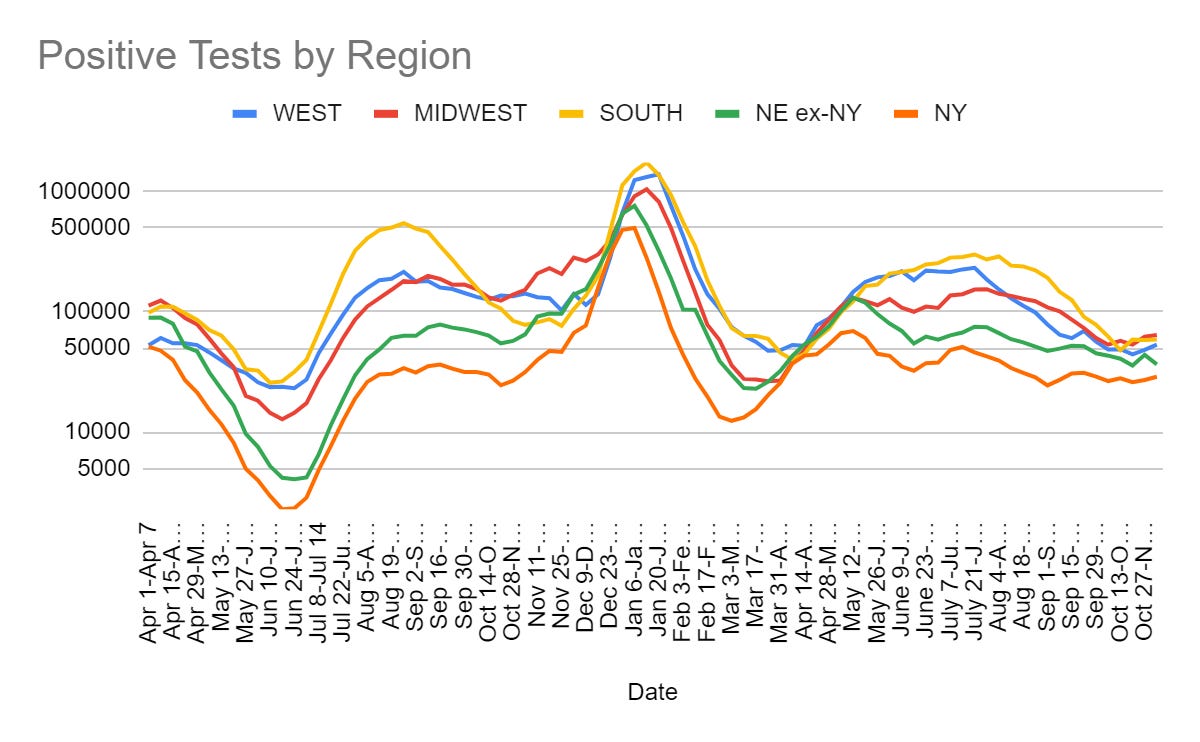

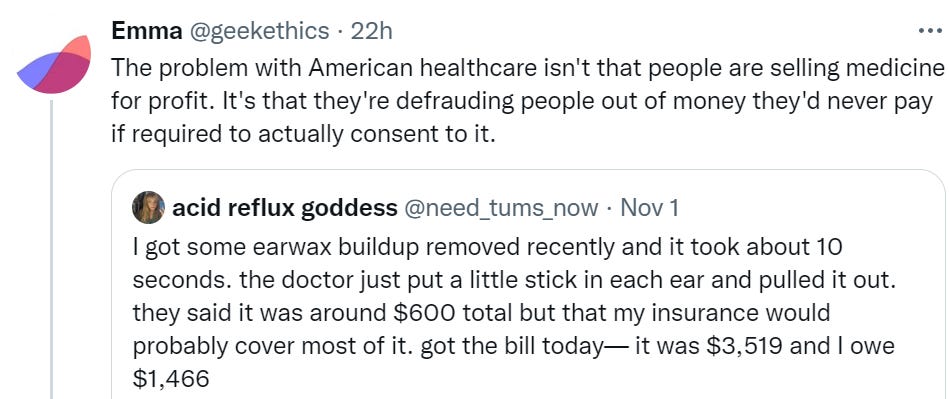
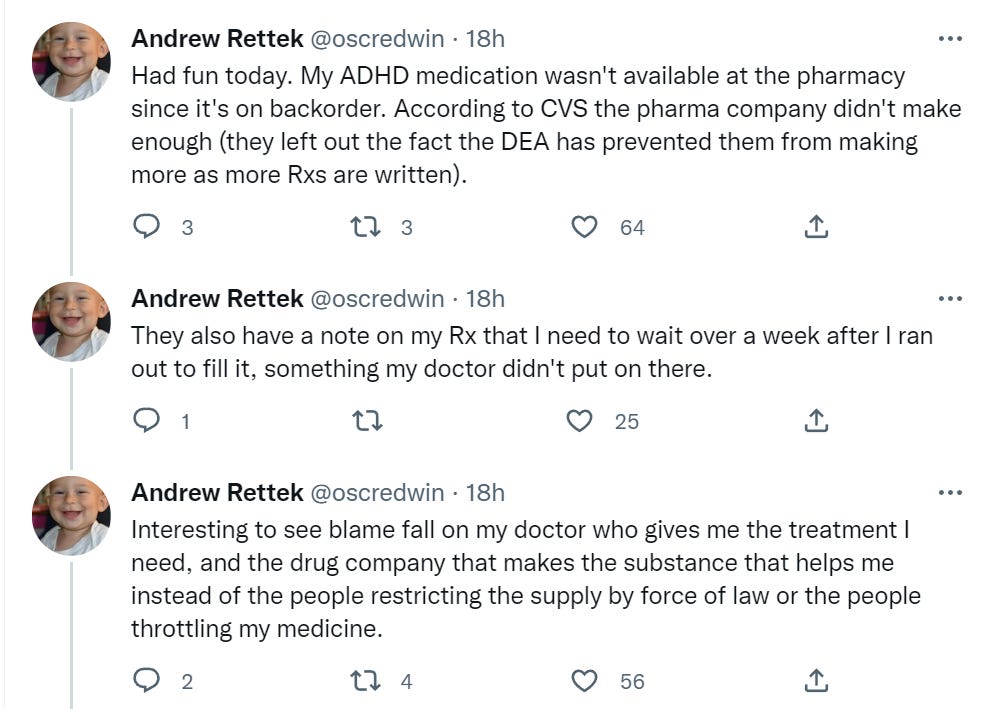


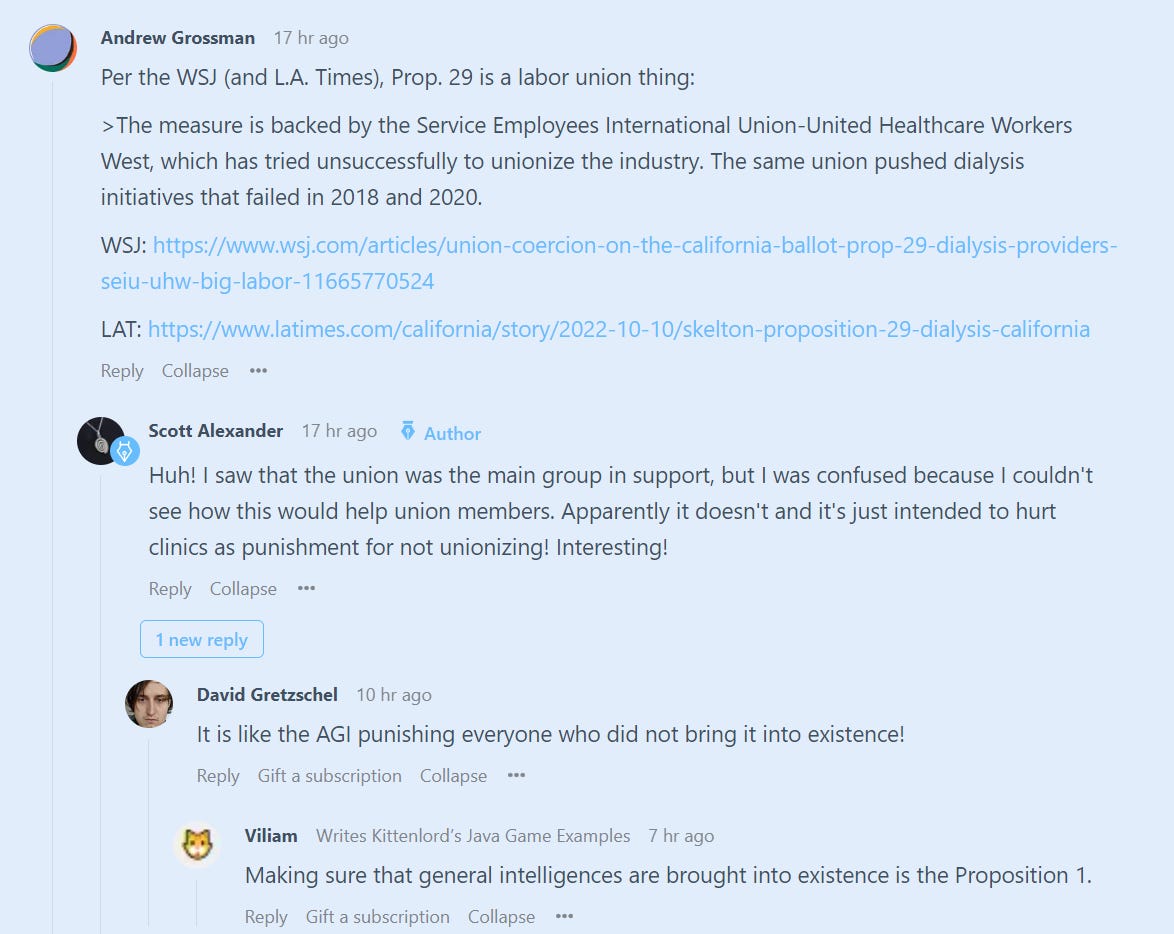


> They could, in theory, if they wanted to,
> harass you, send your debt to a collection
> agency, report you to credit agencies...
If you care about your credit score don’t follow the following advice. If your credit score isn’t important to you at the moment and you have medical (or credit card) debt *and time*, you can likely make some money this way.
Debt collection agencies are often sloppy when it comes to following laws. This means they often break collections-related laws at state or federal levels in the course of attempting to collect a debt from you. If you document this you can take them to court, judges tend to be sympathetic and you can often win the balance of your debt plus some.
It’s been years since I was interested in this, but see:
- Dealing with Debt: Beating the Bill Collectors at Their Own Game
- NOLOs Solve Your Money Troubles
There maybe be better sources now since it was like 2011-2012 that I was really interested here, but those two were helpful. The first just for context of how debt collection companies actually work, second for the federal and state laws (hopefully still contained in the recent addition). I have no affiliation with either author/publisher.
"when hospitals bill you like this it is mostly aspirational.".
I'll need to look it up but there was a guest on the podcast econtalk explaining that due to legislation in the Regan Era, hospitals get a tax break for unpaid bills. So they have a direct incentive to send huge bills. Not just aspirational.